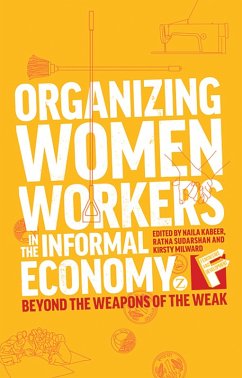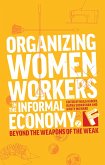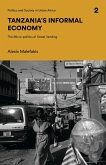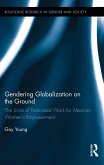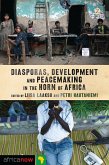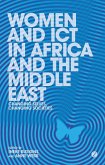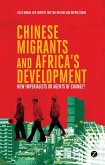Women as a group have often been divided by a number of intersecting inequalities: class, race, ethnicity, caste. As individuals - often isolated in reproductive or other home-based work - their weapons of resistance have tended to be restricted to the traditional weapons of the weak: hidden subversions and individualised struggles.
Organizing Women Workers in the Informal Economy explores the emergence of an alternative repertoire among women working in the growing informal sectors of the global South: the weapons of organization and mobilization. This crucial book offers vibrant accounts of how women working as farm workers, sex workers, domestic workers, waste pickers, fisheries workers and migrant factory workers have organized for collective action. What gives these precarious workers the impetus and courage to take up these steps? What resources do they draw on in order to transcend their structurally disadvantaged position within the economy? And what continues to hamper their efforts to gain social recognition for themselves as women, as workers and as citizens?
With first-hand accounts from authors closely involved in emerging organizations, this collection documents how women workers have come together to carve out new identities for themselves, define what matters to them, and develop collective strategies of resistance and struggle.
Organizing Women Workers in the Informal Economy explores the emergence of an alternative repertoire among women working in the growing informal sectors of the global South: the weapons of organization and mobilization. This crucial book offers vibrant accounts of how women working as farm workers, sex workers, domestic workers, waste pickers, fisheries workers and migrant factory workers have organized for collective action. What gives these precarious workers the impetus and courage to take up these steps? What resources do they draw on in order to transcend their structurally disadvantaged position within the economy? And what continues to hamper their efforts to gain social recognition for themselves as women, as workers and as citizens?
With first-hand accounts from authors closely involved in emerging organizations, this collection documents how women workers have come together to carve out new identities for themselves, define what matters to them, and develop collective strategies of resistance and struggle.

